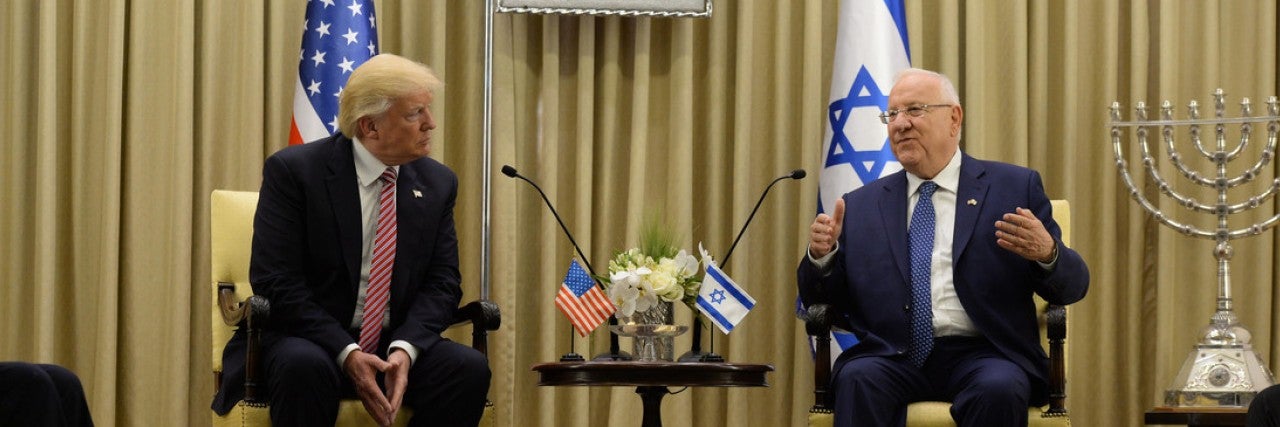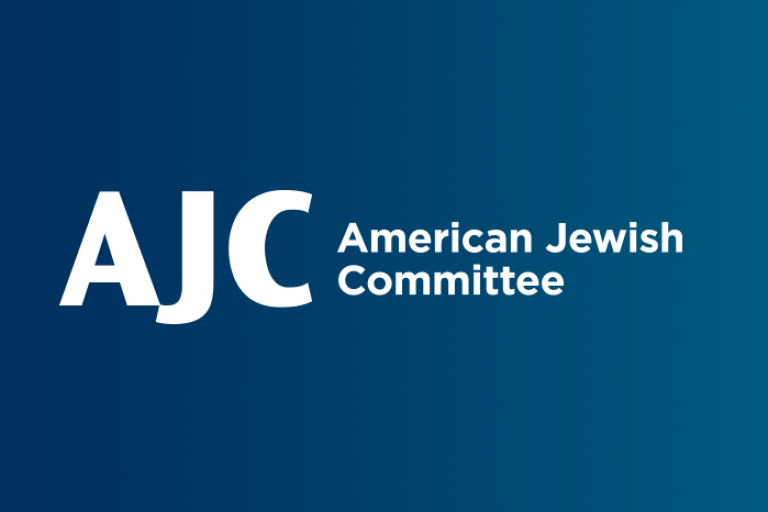May 19, 2017
When he visits Israel on Monday, President Trump will be in a nation on edge about a decision he needs to make by June 2. He has the opportunity to right a historical wrong by advancing international recognition of Jerusalem, the biblical capital of the Jewish people, as the capital of the State of Israel.
Although Israel had declared Jerusalem its capital soon after the country achieved independence in 1948, neither the U.S. nor much of the rest of the world accepted that designation and they placed their embassies and diplomats in Tel Aviv instead.
The legal objection was that the U.N. partition plan had designated Jerusalem as a corpus separatum, an internationalized zone that was not supposed to be part of any state. The unspoken political motive was fear of antagonizing the Muslim world. That fear only grew with Israel’s victory in the Six-Day War of 1967, when Israel, responding to a Jordanian attack, captured all of Jerusalem and the West Bank.
The official American position has been that relocating the embassy to Jerusalem could only come as part of an overall two-state solution in which Palestinian national aspirations were also fulfilled. Yet the status quo in fact deprived Israel of diplomatic standing enjoyed by the Palestinians: a preexisting U.S. consulate in Jerusalem — operating as a de facto embassy and reporting directly to the State Department — interfaces with West Bank and Jerusalem Arabs, while Jews travel to Tel Aviv for consular services.
The Jerusalem Embassy Act of 1995 sought to rectify the reluctance of the United States to accept the right of one — and only one — nation to determine its capital: Israel. Pointing out that “international law and custom” gave each nation the right to choose its capital; that “Jerusalem is the seat of Israel’s president, parliament, and Supreme Court, and the site of numerous government ministries and social and cultural institutions”; that the city “is the spiritual center of Judaism”; and that the reunited post-1967 Jerusalem guaranteed “full access to holy sites” for all faiths, the Act called for recognition of Jerusalem as Israel’s capital and the establishment of the U.S. embassy there “no later than May 31, 1999.”
There was one catch: the Act gave presidents the power to waive enforcement of its provisions for six months at a time “to protect the national security interests of the United States.” And so for 21 years, Presidents Bill Clinton, George W. Bush and Barack Obama dutifully issued waivers every six months — keeping the embassy in Tel Aviv.
The current six-month waiver expires June 2, forcing Trump to decide whether to follow his predecessors' path or move the embassy. Signals on this from both Washington and Jerusalem have been mixed. During the election campaign, Trump pledged unequivocally to place the embassy in Jerusalem, and David Friedman, recently confirmed as his ambassador to Israel, is a well-known proponent of the cause and owns an apartment in the city. A number of news outlets have reported Trump plans to delay acting on his promise, but an administration official told The Times of Israel that he would make the decision after his trip.
A decision to move the embassy would be welcomed. But other steps can be taken to alter the status quo if Trump defers that step. For instance, a plaque could be affixed to Ambassador Friedman’s home, declaring this the seat of U.S. diplomatic representation in Israel.
There have long been warnings from America’s Muslim and Arab allies that U.S. action to move the embassy to Jerusalem, considered disputed land by the international community and the third holiest site in Islam, would set off a firestorm. Such a move, they say, could weaken moderate regimes, imperil the lives of our diplomats and undermine America’s role as the essential broker of Middle East peace.
In recent years, however, perceptions of Israel as a potential threat to Arabs have been upended by the actual, even existential, threats posed by Iran and the Islamic State. Perhaps these familiar warnings will fade if is made clear that the U.S. embassy would be in undisputed western Jerusalem, and that the U.S. recognizes Israelis and Palestinians must resolve questions involving Jerusalem in any agreement to end their conflict.
Trump's choice may not come down to simply waiving or not waiving the Jerusalem Embassy Act requirement, keeping or not keeping a repeated campaign pledge. As the administration continues to explore openings for Israeli-Palestinian peace, perhaps it will propose a package deal — one that for all time erases questions about Israel’s capital, presses the Palestinians to return to negotiations, and advances the prospect of a viable, secure two-state solution. At the very least, before he departs the region, Trump should leave no doubt that an Israeli-Palestinian agreement is an American priority and that Jerusalem is where the U.S. Embassy belongs.
This article was originally published in USA Today.
Copyright of: Israel Ministry of Foreign Affairs



